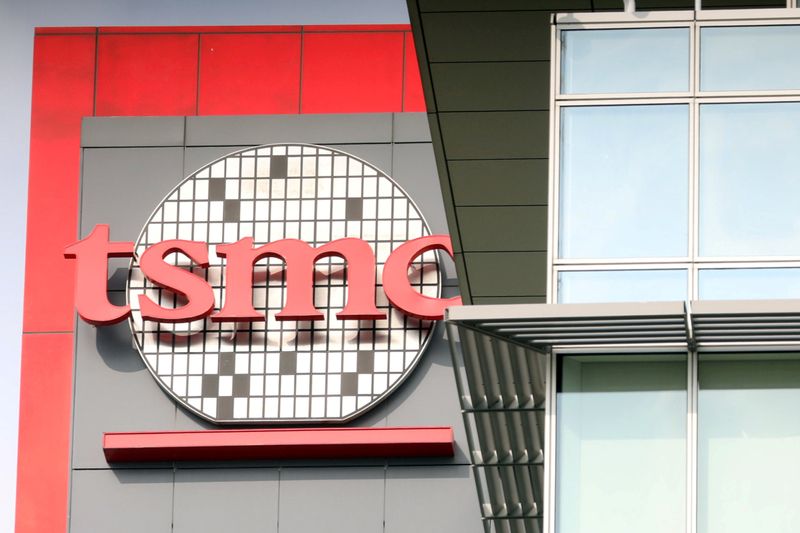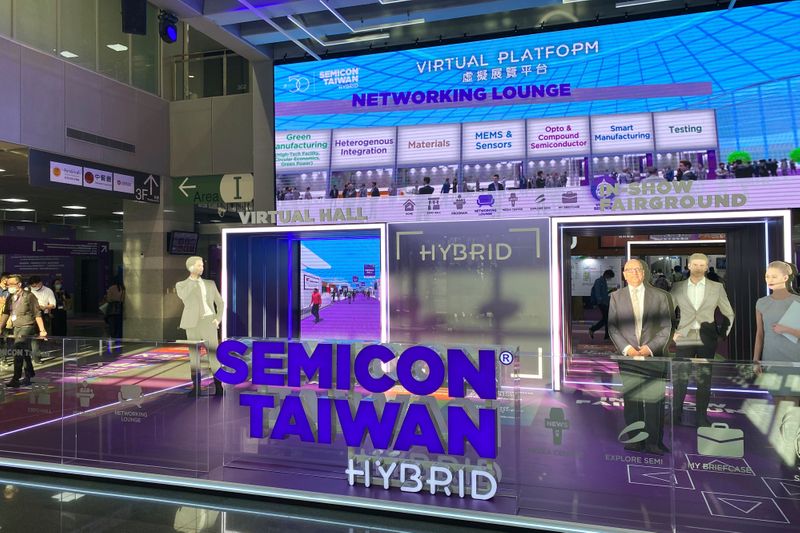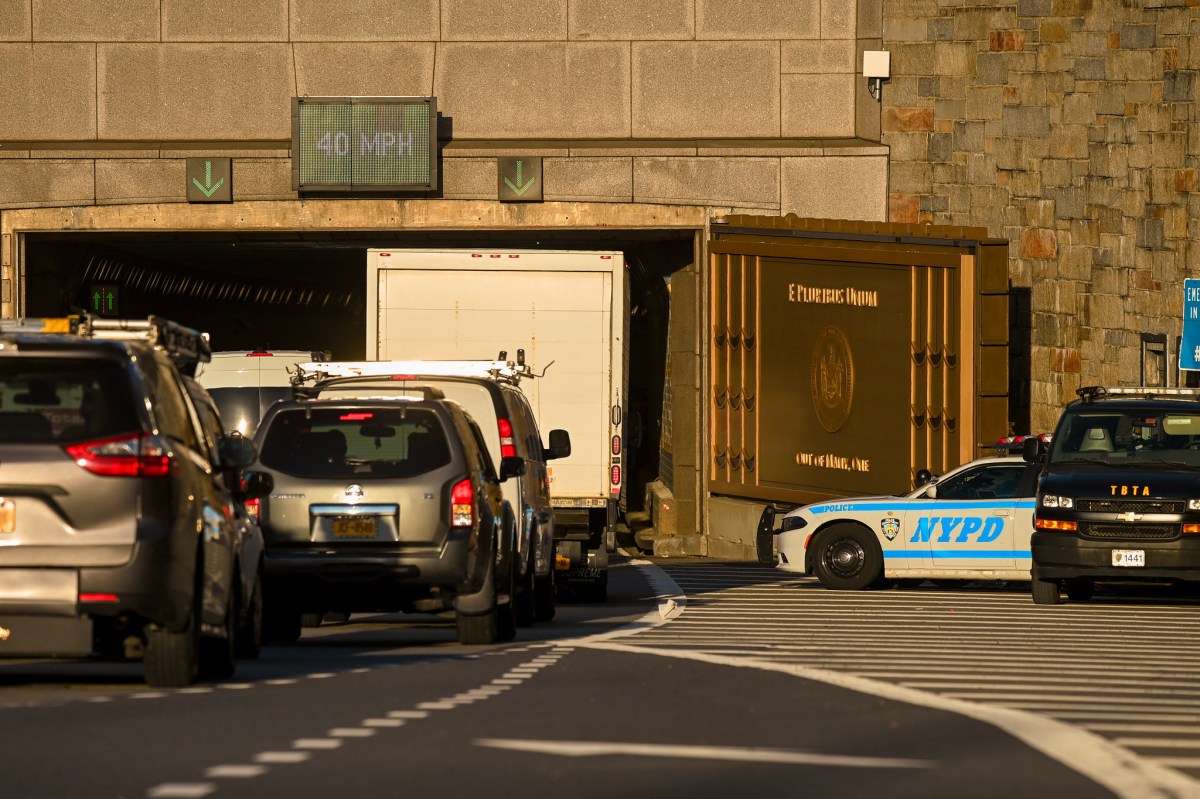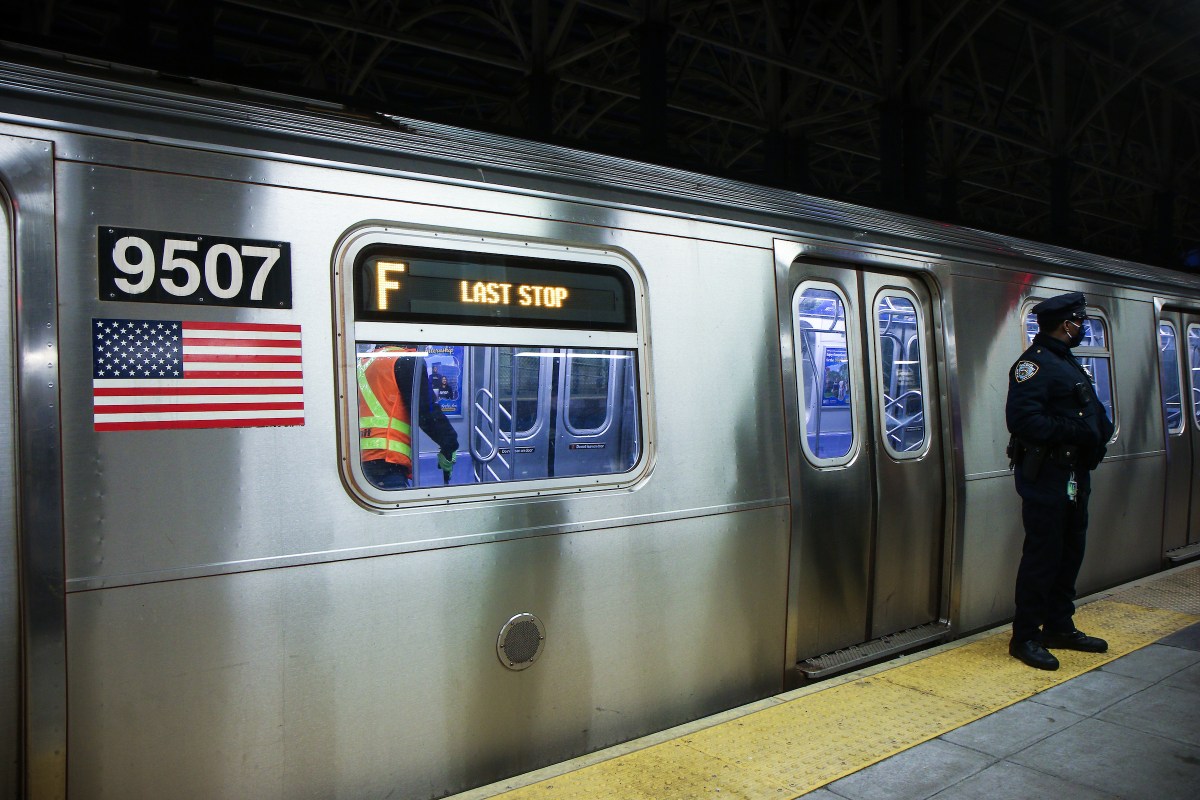TAIPEI (Reuters) – The deleveraging of China-U.S. supply chains and protectionism on both sides of the Pacific will only drive up costs and limit the flow of ideas, the chairman of Taiwan Semiconductor Manufacturing Co Ltd <2330.TW> said on Wednesday.
The Trump administration has limited supplies to Chinese tech firms like Huawei Technologies Co Ltd, viewing them as a security threat, and is encouraging U.S. factories in China to move home, part of a broader China-U.S. trade war.
China, for its part, is trying to nurture tech champions of its own like SMIC <0981.HK>, its biggest chipmaker, and wean itself off reliance on U.S. suppliers.
Speaking at a semiconductor conference in Taipei, TSMC chairman Mark Liu said over the last four decades the industry had benefited from the free global flow of information.
“But in the future the climate may change. The information flow may not be that free. Tariffs may be erected. So we have to prepare for that,” said Liu, whose company is the world’s biggest contract chipmaker.
“One thing is the competition will be stronger. Secondly, the cost of production or development will be higher because one cannot leverage the whole world like in the past,” he said.
Taiwanese firms like TSMC – a major supplier to the likes of Apple Inc <AAPL.O> and Qualcomm Inc <QCOM.O> – have to improve their own technology to respond and remind the world how important the island’s companies are, Liu said.
“Because either side of the Pacific is trying to do their self-sufficient supply chains. They want to do it themselves,” he said.
“Use Taiwan’s engineers’ ingenuity to lift our technology level up.”
TSMC has become caught up in the China-U.S. tension, saying in July it had stopped taking new orders from Huawei in May and did not plan to ship wafers after Sept. 15, responding to U.S. curbs on supplying the Chinese company.
TSMC also plans to build a $12 billion factory in Arizona, in an apparent win for the Trump administration’s efforts to wrestle global tech supply chains back from China.
(Reporting by Ben Blanchard; Editing by Robert Birsel)


























